Today, the philosophical treatise known as the Ethics (1677) by Baruch Spinoza is widely considered a masterwork of philosophy. But at the time of its publication, Spinoza’s radical vision of God as synonymous with nature was enough for the Portuguese-Jewish congregation of Amsterdam to excommunicate him for ‘abominable heresies’. In this short video from the London Review of Books, the British philosopher and historian Jonathan Rée dissects the radical rationalism of the Ethics, elucidating Spinoza’s once-unconventional views on God, freedom and the necessity of approaching the world with an ‘intellectual love’ above all else.
Freedom is learning to like what it’s rational to like: Spinoza’s ‘abominable heresies’
Video by the London Review of Books
Producer: Anthony Wilks
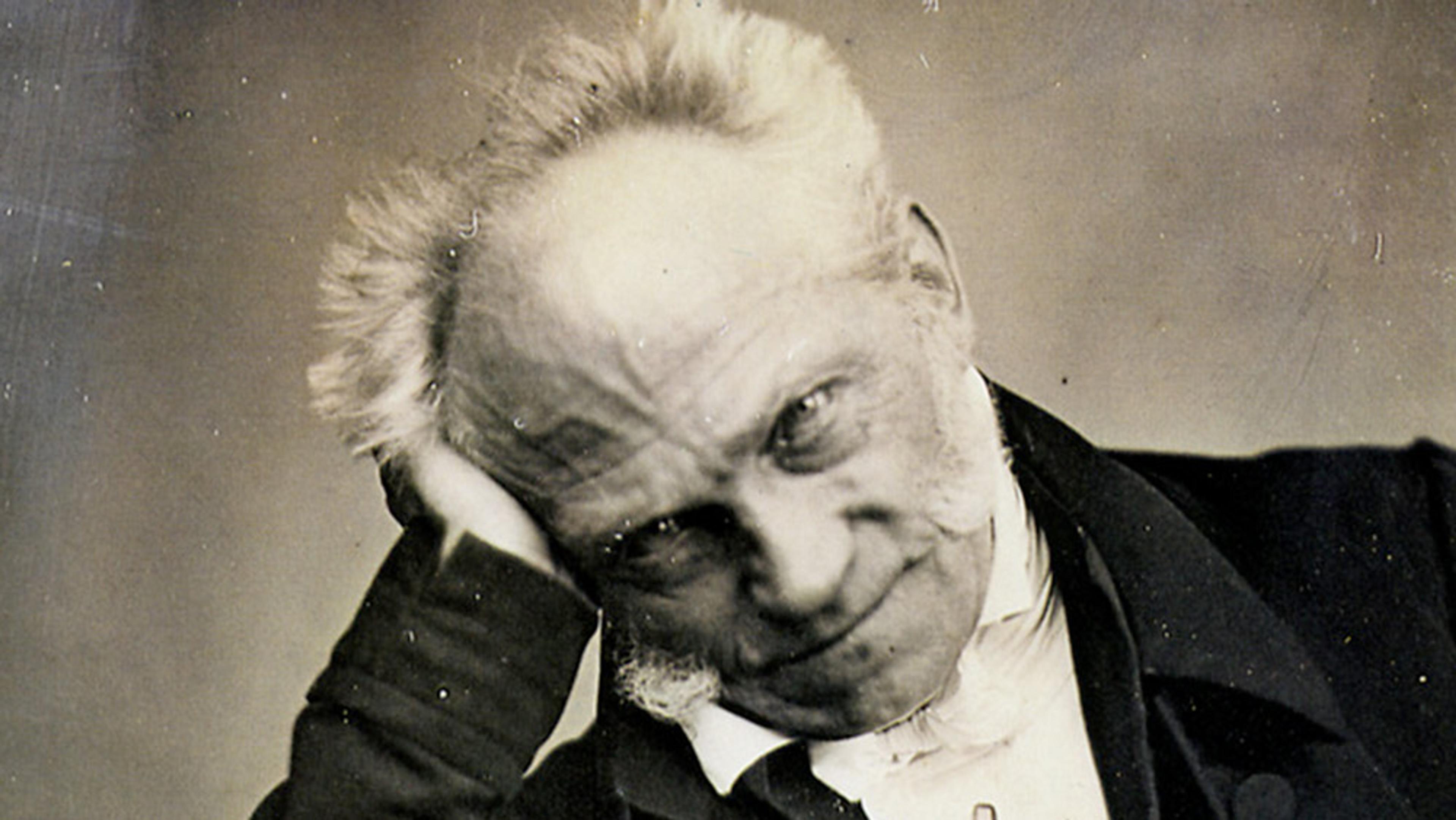
videoThinkers and theories
The intellectual legacy of philosophy’s greatest pessimist: life is suffering, art is supreme
44 minutes

videoMood and emotion
Reason might be our puppet master but only after emotions tug on the strings
3 minutes

videoThinkers and theories
Bernard Williams on Descartes’s audacious endeavour to prove knowledge is possible
43 minutes

videoMetaphysics
Simple entities in universal harmony – Leibniz’s evocative perspective on reality
4 minutes
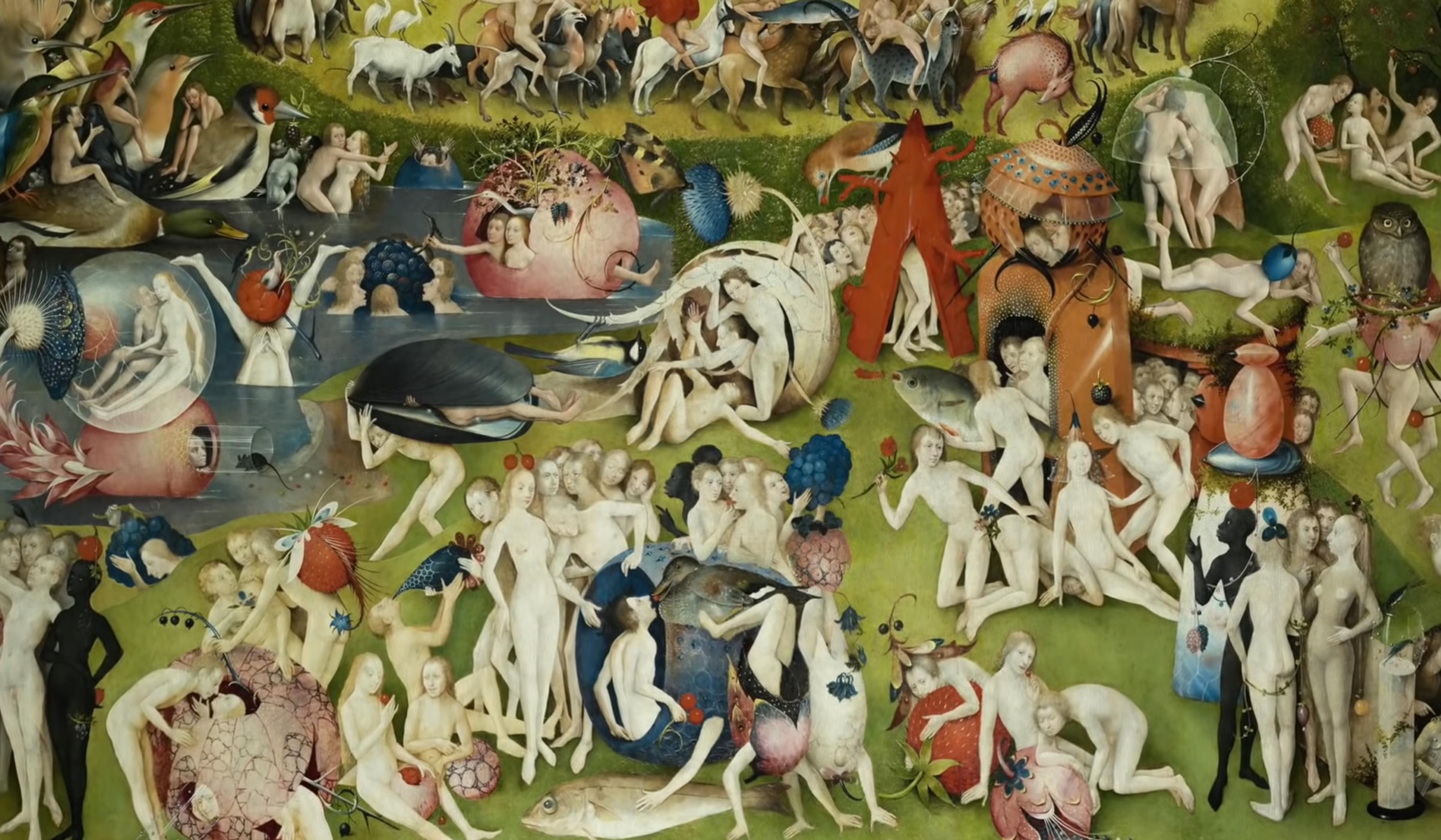
videoArt
Grotesque imagery meets religious conservatism in Hieronymus Bosch’s art
51 minutes
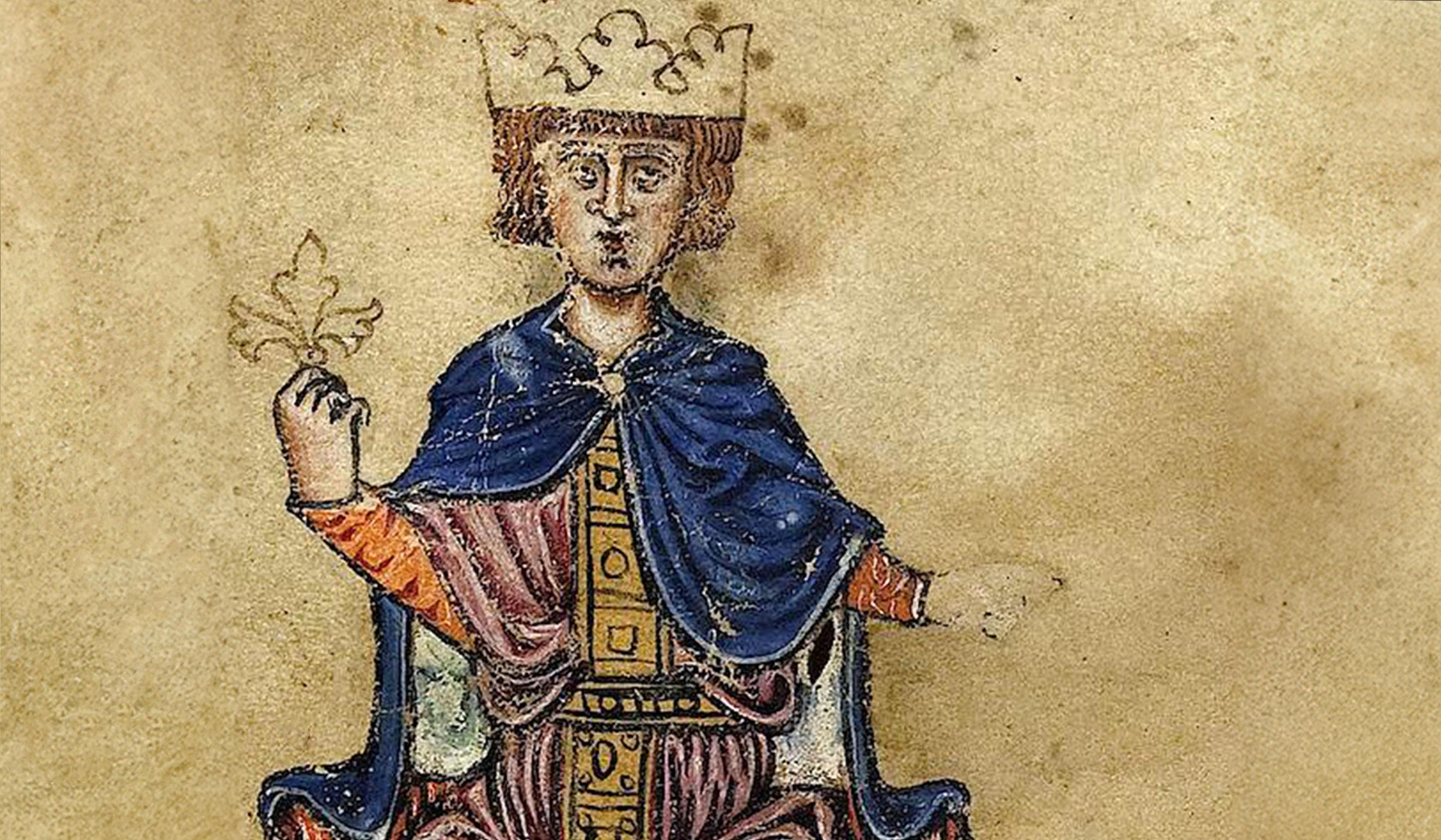
videoReligion
Hear from blasphemes, sceptics and free-thinkers in this ‘tour of medieval unbelief’
52 minutes
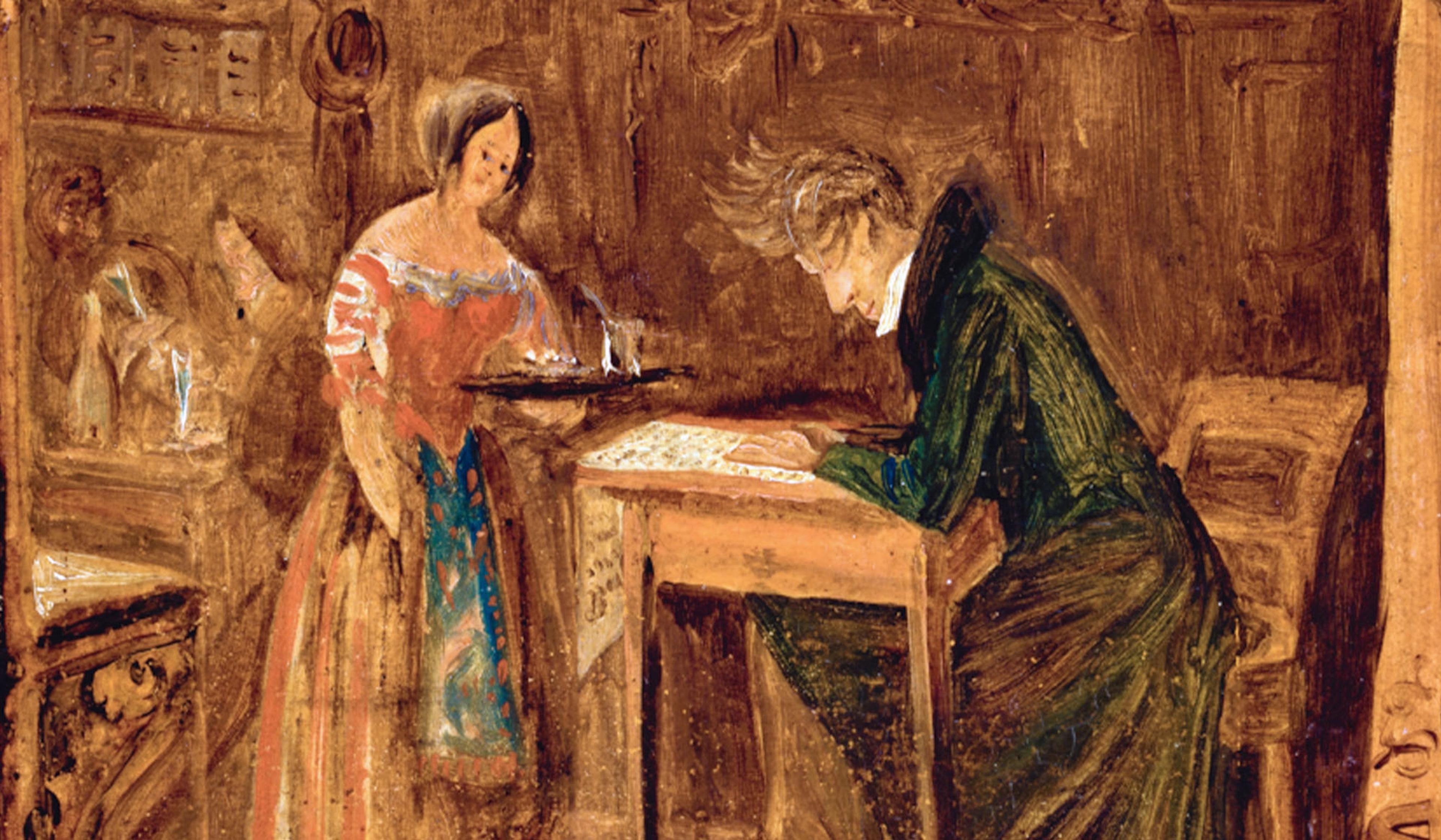
videoKnowledge
Want to think for yourself? Start with an agonising state of doubt, says Kierkegaard
7 minutes

videoEthics
All’s not well that ends well – why Kant centred morality on motives, not outcomes
55 minutes
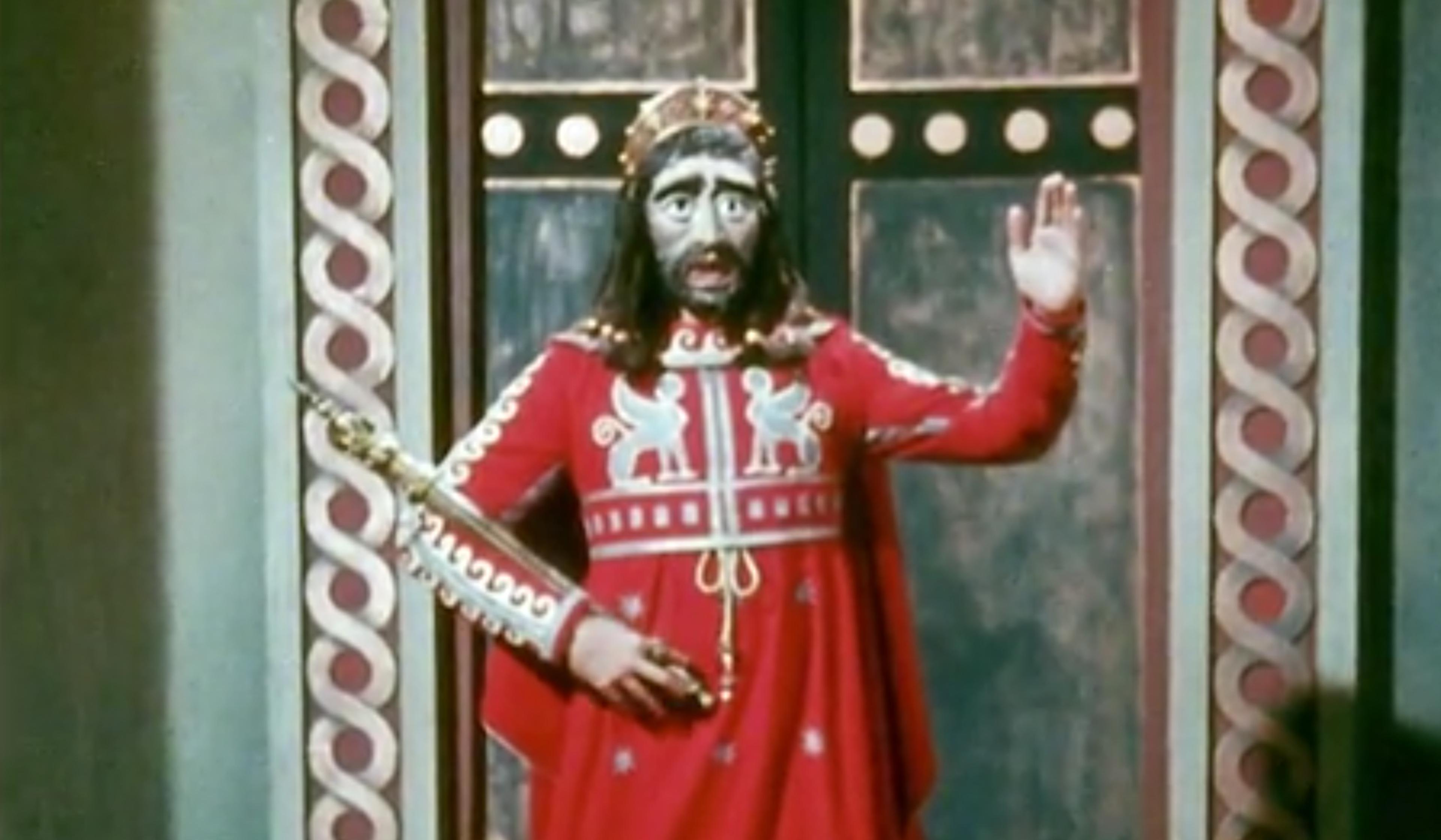
videoThinkers and theories
‘My art is oratory, Socrates.’ An ancient warning on the power and peril of rhetoric
4 minutes